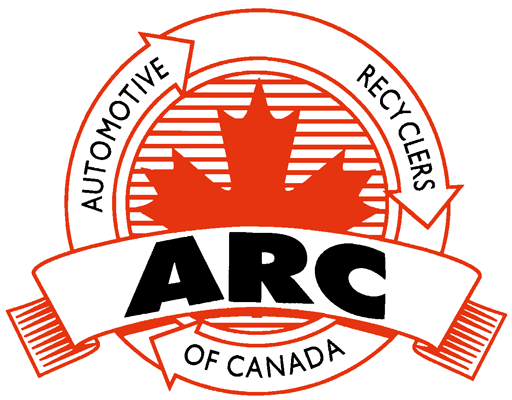OARA report highlights the economic and environmental benefits of using recycled parts compared with newly manufactured ones.
by Steve Fletcher
At the end of 2023, the Ontario Automotive Recyclers Association (OARA), in partnership with Oakdene Hollins, released a report entitled The Environmental Benefits of Green Recycled Parts in Ontario.
The objective was to provide a deeper analysis into what the real benefits of using these types of automotive parts are, particularly given the greater focus on Environmental and Social Governance (ESG) practices within the auto recycling industry and the wider ecosystem at this current moment in time.
Additionally, we’ve seen more insurers taking a serious look at sustainable practices when it comes to claims and repair processes, which is impacting collision centre operations and other key stakeholders that operate within that space, including automotive recyclers.
Sustainability is also becoming a more important consideration for consumers, since we’re seeing it being factored more regularly into their decision-making processes. This can include not only purchasing an item such as a new vehicle, but also a service, such as getting that vehicle repaired following a collision, or having mechanical service work performed.
Currently, however, most of the research and data on sustainability related to personal transportation tends to focus on the manufacture and sale of electrified vehicles, and not necessarily the large auto servicing market that supports vehicles on the road. This is significant, since the Canadian post-dealership auto servicing market is one of the largest retail sectors in the country (worth around $20 billion). Therefore, identifying exactly where the opportunities are for emissions reduction and de-carbonization is an essential part of making any meaningful impact when it comes to overall sustainability and emissions reduction within the transportation sector.
That’s why the launching of this report is significant, as it allows OARA and its members to put some stakes in the ground and provide a tool that enables us to go out there and engage with insurers, collision repair networks, individual shops and even mechanical service centres.
From this, we can help them tap into this environmental framework, giving them an opportunity to not only understand what’s going on, but how they can work towards reducing their own carbon footprint and the benefits that come with doing that.
The report highlights that there are significant environmental and cost benefits to using green, recycled parts. Based on the data compiled from the study, the total impact of green recycled parts sold in Ontario across 13 different categories (including engines, transmissions, bumper assemblies, doors, head and taillights, as well as trunk lids, hoods, fenders and wheels) represents a reduction of between 190 and 420 kilotonnes of carbon dioxide equivalent per year. While these calculations could be further refined, the overall impact remains the same—the green parts market in Ontario results in a significant number of parts being re-used—extending their life, and the life of the vehicle the part is helping to fix, and reducing the auto recycling industry’s carbon footprint within the province, as well as creating additional revenue streams that support jobs and the circular economy.
Additionally, because more parts remain in circulation, it means more vehicles can be repaired rather than scrapped, saving energy and the emissions required to dispose of them, while at the same time, providing consumers with more affordable personal transportation solutions, which, particularly in today’s economic climate, where many are struggling with a high cost of living, represents a very significant benefit.
Article first appeared in Autosphere Magazine February 2024.
